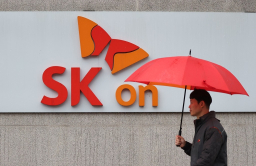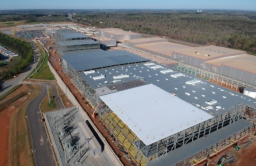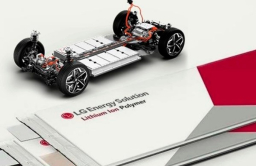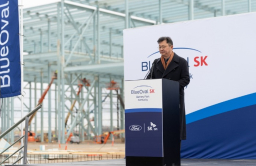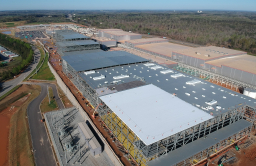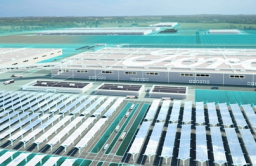-
KOSPI 2697.67 -22.97 -0.84%
-
KOSDAQ 734.35 -1.94 -0.26%
-
KOSPI200 359.62 -3.46 -0.95%
-
USD/KRW 1381 -7.00 0.51%
SK On bags $1.8 billion EV battery deal with Nissan
Batteries
SK On bags $1.8 billion EV battery deal with Nissan
The South Korean battery maker is expected to start supplying EV batteries to Nissan’s US plants in 2028
By
Jan 24, 2025 (Gmt+09:00)
2
Min read
News+
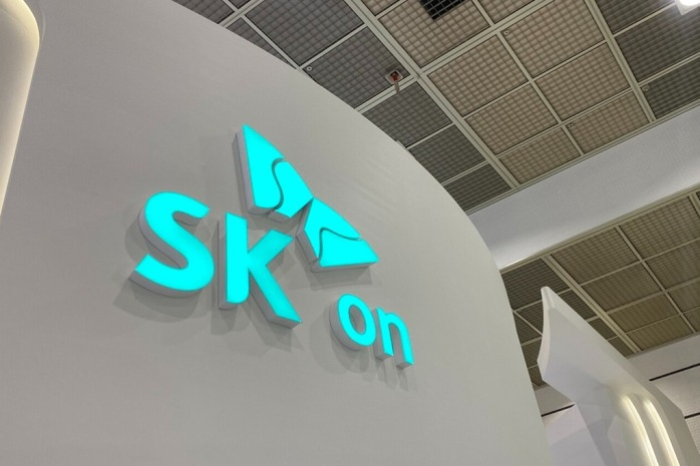
Loss-making SK On Co., the world’s fifth-largest battery maker, has hit the jackpot with a $1.8 billion deal to supply electric vehicle batteries to Japanese carmaker Nissan Motor Co.'s plants in the US.
According to industry sources on Thursday, the South Korean battery major has agreed with Nissan to supply 20 gigawatt hours (GWh) of batteries, enough to power 300,000 EVs.
Considering that battery cells are sold at $89 per kilowatt hour (kWh), according to BloombergNEF, the SK On-Nissan battery deal is estimated at $1.78 billion.
The latest EV battery order is expected to come as a huge relief to the money-losing Korean battery maker amid the prolonged EV slowdown.
After reporting a quarterly operating loss for 11 consecutive quarters through the second quarter of last year, SK On swung to a profit in the third quarter of 2024.
Its parent SK Innovation Co., Korea’s largest energy company, is due to announce last year’s fourth-quarter earnings, including unlisted SK On’s results, on Feb. 6.
The battery unit’s chief said in April last year that the company expected a business turnaround in the second half of 2024.
Last September, however the company announced a job cut plan in the face of the global EV market slump.
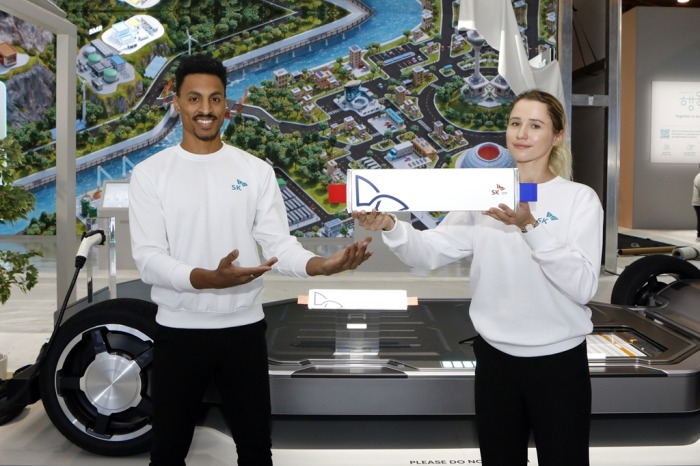
BATTERY SUPPLY MAY COMMENCE IN 2028
SK On is expected to start supplying its batteries to Nissan in 2028 for the Japanese carmaker’ EVs to be produced from the latter’s US plants.
In March last year, the two companies signed a memorandum of understanding on EV battery partnership on the condition that SK On would supply batteries to Nissan between 2026 and 2027.
But the troubled Japanese carmaker has delayed its EV release schedule in the face of the global EV market slump.
Nissan is now in negotiationsl with its cross-town rival Honda Motor Co. on merging so they can stay competitive against their rivals as the auto industry migrates to EVs.
Once they come under one roof, they could better flex their muscles as the world’s third-largest carmaker.
The two Japanese auto giants will, however, operate their EV business as separate operations until 2030, when they are expected to enjoy consolidation synergy.
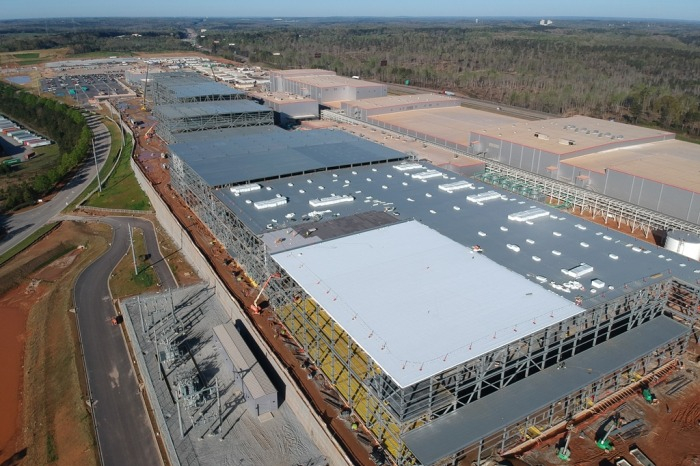
IDLE LINES IN SK ON’S US BATTERY PLANTS
After Nissan and Honda complete the merger, they are expected to use the same EV platform as the shared EV platform by Hyundai Motor Co. and Kia Corp.
Considering that Honda is building a battery plant in the US with Korea’s No. 1 battery maker LG Energy Solution Ltd., Nissan-SK On’s latest battery deal is expected to ensure SK On’s stable battery supply.
Korea’s No. 2 battery maker is expected to produce batteries for Nissan’s EVs in the US from idle lines at one of its US plants.
SK On currently operates a standalone battery plant in the US state of Georgia and two joint plants with Ford Motor Co. in Tennessee and Kentucky.
Amid the prolonged slowdown in global EV demand, its US partner Ford has also suffered from declining EV sales, leading to a low utilization rate at SK On-Ford plants in the US.
Write to Hyung-Kyu Kim and Il-Gue Kim at khk@hankyung.com
Sookyung Seo edited this article.
More To Read
-
Sep 26, 2024 (Gmt+09:00)
-
Aug 01, 2024 (Gmt+09:00)
-
Jun 25, 2024 (Gmt+09:00)
-
Apr 29, 2024 (Gmt+09:00)
-
Mar 15, 2024 (Gmt+09:00)
-
Nov 07, 2023 (Gmt+09:00)
-
Dec 06, 2022 (Gmt+09:00)
-
Sep 28, 2021 (Gmt+09:00)
-
Jul 14, 2022 (Gmt+09:00)


